Agriculture Monitoring
Home / Products / Monitoring / Agriculture Monitoring
Agriculture monitoring is the process of measuring and analyzing various parameters of soil and crop conditions, such as moisture, temperature, pH, nutrients, and diseases. Agriculture monitoring is essential for various applications, such as crop production, irrigation, fertilization, and pest control. In this article, we will introduce some of the IoT-based agriculture monitoring systems that can help you improve your crop yield and quality.
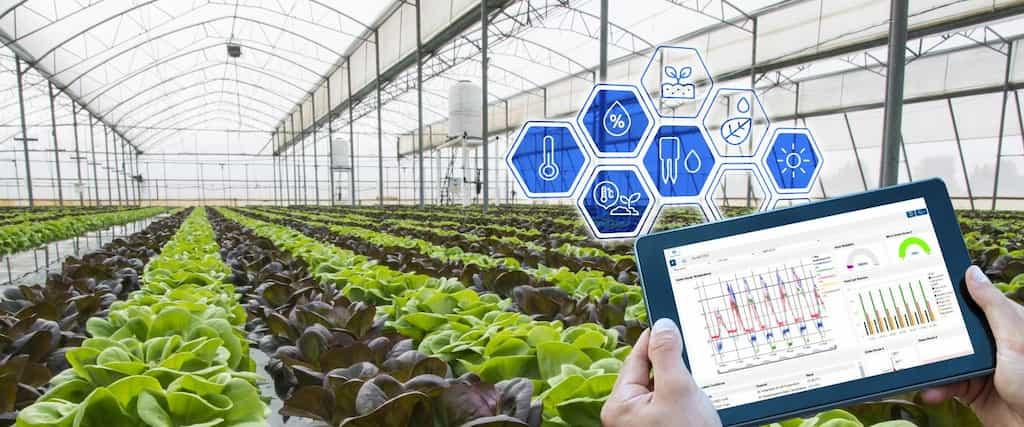
Soil condition monitoring is the process of assessing the physical and chemical characteristics of soil, such as moisture, temperature, pH, and salinity. Soil condition monitoring can help you prevent and reduce soil degradation, erosion, and compaction, as well as ensure soil fertility and health. IoT-based soil condition monitoring systems use sensors and devices to measure and control the soil condition parameters, as well as communicate and process the data using wireless networks and cloud computing. These systems can provide real-time feedback and control on the soil condition conditions and trends, as well as alert you of any anomalies or problems. For example, an IoT-based soil condition monitoring system can help you monitor and adjust the soil moisture and temperature to ensure optimal irrigation and drainage.
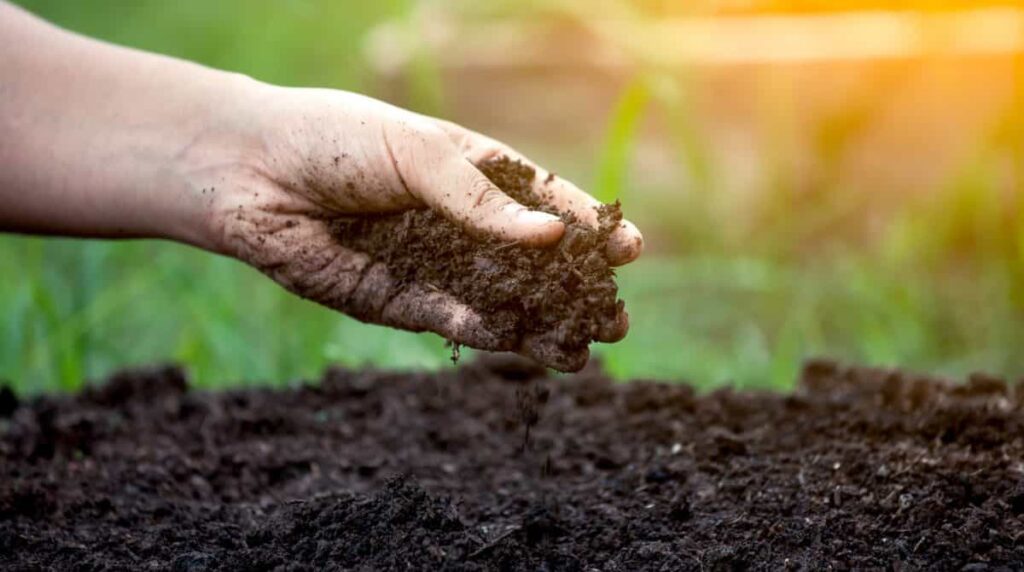
Soil nutrition monitoring is the process of measuring and analyzing the nutrient content and availability of soil, such as nitrogen, phosphorus, potassium, and calcium. Soil nutrition monitoring can help you prevent and reduce soil nutrient deficiency, toxicity, and imbalance, as well as ensure soil productivity and sustainability. IoT-based soil nutrition monitoring systems use sensors and devices to measure and control the soil nutrition parameters, as well as communicate and process the data using wireless networks and cloud computing. These systems can provide real-time feedback and control on the soil nutrition conditions and trends, as well as help you optimize the fertilization and crop rotation practices. For example, an IoT-based soil nutrition monitoring system can help you monitor and regulate the soil nitrogen and phosphorus levels to ensure optimal fertilization and crop growth.
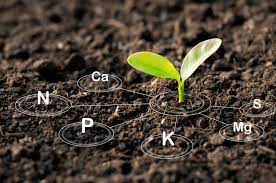
The benefits of using IoT-based agriculture monitoring systems are numerous and significant. IoT-based agriculture monitoring systems can help you:
- Improve your crop yield and quality by preventing and reducing crop-related issues, such as drought, frost, disease, and pest.
- Improve your crop management and maintenance by optimizing crop cultivation, irrigation, fertilization, and harvesting.
- Improve your crop compliance and accountability by ensuring crop standards and regulations, and providing crop data and reports.
- Improve your crop cost and energy savings by reducing crop monitoring and management costs, and minimizing crop water and fertilizer consumption and waste.
- Improve your crop user satisfaction and comfort by enhancing crop availability and reliability, and providing crop feedback and control.
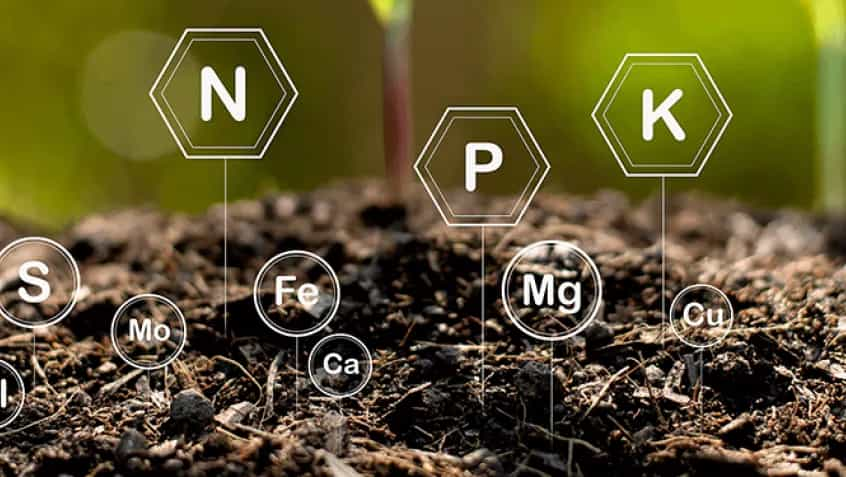
The risks of not using IoT-based agriculture monitoring systems are also numerous and significant. Not using IoT-based agriculture monitoring systems can expose you to:
- Poor crop yield and quality by increasing the chances of crop-related issues, such as drought, frost, disease, and pest.
- Poor crop management and maintenance by wasting crop cultivation, irrigation, fertilization, and harvesting.
- Poor crop compliance and accountability by violating crop standards and regulations, and lacking crop data and reports.
- Poor crop cost and energy savings by increasing crop monitoring and management costs, and maximizing crop water and fertilizer consumption and waste.
- Poor crop user satisfaction and comfort by reducing crop availability and reliability, and lacking crop feedback and control.
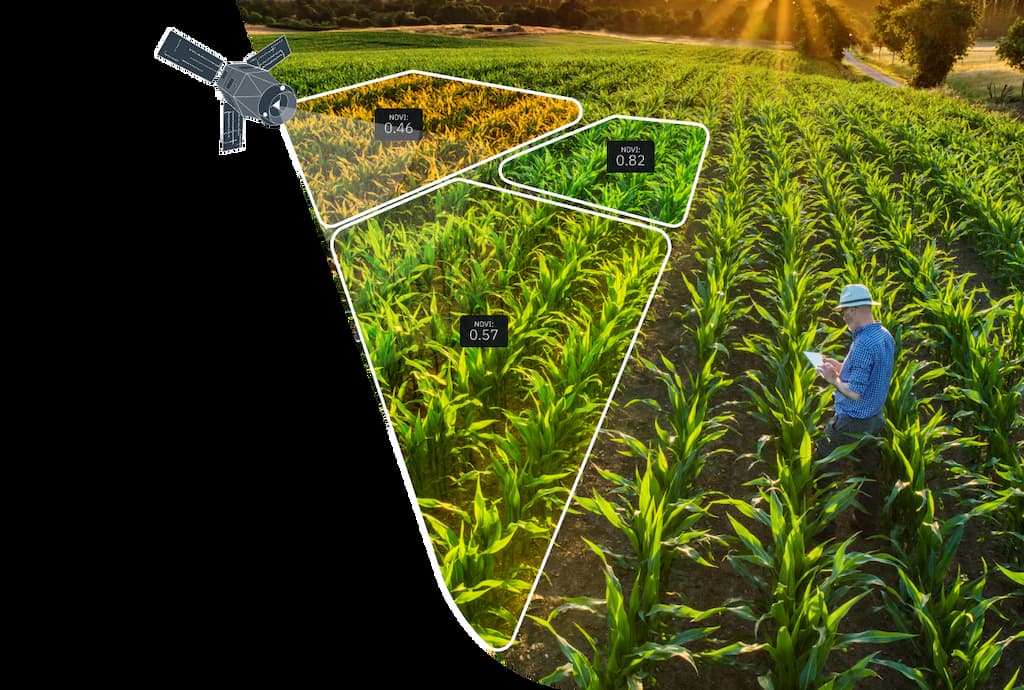
As you can see, IoT-based agriculture monitoring systems are essential for various crop applications and benefits. If you want to improve your crop yield and quality, you should consider using IoT-based agriculture monitoring systems. They can help you measure, analyze, and control the soil and crop conditions and parameters. They can also help you prevent and reduce crop-related issues and their impacts. IoT-based agriculture monitoring systems are the smart way to handle your crop needs.
